“Wir sind zuversichtlich, dass die Absolventen, die uns verlassen, gute Voraussetzungen für den Einstieg in hochbezahlte Berufe haben, hochqualifizierte Stellen, die Arbeitgeber zu besetzen suchen.” – Audrey Cheng
Audrey Cheng, Mitbegründer und CEO von Moringa Schule, für eine Venture-Capital-Firma arbeitet in lokalen Tech-Mitteln in Kenia investieren, wenn sie eine erhebliche Qualifikationslücke zwischen Arbeitsplätzen für junge Menschen und Talent beobachtet qualifiziert, sie zu füllen. Jugendarbeitslosigkeit und der Mangel an erwerbsfähigen Jugendlichen bleiben eine der größten Herausforderungen für den afrikanischen Kontinent. "Im 2019, nur 13% der Sekundarschulabsolventen in Kenia erhielten einen Studienplatz (Kenya National Examinations Council), und im Durchschnitt, es braucht 5 Jahre für einen Universitätsabsolventen, um einen Vollzeitjob in Kenia zu finden," Sie sagt. Cheng untersuchte das Problem und stellte fest, dass die für Studenten verfügbaren Schulungsprogramme veraltet waren und nicht den Kompetenzen entsprachen, die Arbeitgeber suchten. An diesem Punkt entwickelte Cheng das Konzept eines „Bootcamp-Accelerator-Programms“. Die Moringa-Schule war geboren.
Audrey Cheng, Mitbegründer und CEO der Moringa School, wurde als einer der ausgewählt 2016 Forbes 30 Unter 30 Social Entrepreneurs, as Ashoka AMEX Emerging Innovator 2015, and as one of World Economic Forum’s Top Female Innovators in Africa. Sie schließt sich uns in Die globale Suche nach Bildung.
“We also pride ourselves on intertwining professional development and soft skills within our course so students gain the ability to problem solve and create new ideas which are important to creating holistic professionals.” – Audrey Cheng
Audrey, how does the Moringa School model address the skills gap and unemployment issues in Africa?
Moringa School is a Kenya-based multi-disciplinary workforce development platform committed to providing young Africans with market aligned technical and soft skills they need to excel in their careers through a classroom that simulates a real, working environment. Moringa School’s mission is to transform higher education throughout Africa and enable its graduates to be globally competitive with their peers. With locations in Kenya and Rwanda, the school is known for its education-to-employment model where graduates are linked with leading companies throughout Africa and the world for employment opportunities.
Tell us a little bit about your methodology. What makes your approach unique to other start-ups in this space?
We began Moringa in 2014 by teaching lecture-style lessons with experts from the tech industry but quickly realized that what employers wanted were not just graduates with theoretical knowledge, but also practical knowledge and skills that could be applied in their companies. We are unique by focusing on two pillars: a blended learning model and market relevance. This fills the void of a marketplace need and success reflects in our student and employer partner numbers increasing each year. Our team is made up of experts in their fields, from curriculum developers to start-up tech developers who believe in the mission to transform higher education in emerging markets. Moringa has put more than 500 junior software developers into the market in not just Kenya, but also in Rwanda where we have partnered with the government and the German development agency, GIZ, to train 150 low-income women. We have also created an open-source coding curriculum for secondary schools in Kenya and currently have over 200 students using this.
“Ich denke, Jugendliche fühlen sich von unserem Lernrahmen angezogen, da er Fähigkeiten vermittelt, die in der Unternehmenswelt angewendet werden können, sowie in die Selbstständigkeit und in unternehmerische Aktivitäten für diejenigen, die an Start-ups interessiert sind, übertragen werden können, wenn sie Wege finden, die Probleme von heute zu lösen durch die Schaffung von Technologielösungen.” – Audrey Cheng
Was glauben Sie, zieht Ihre Zielgruppe zu Ihrem Lernrahmen??
Unsere Zielgruppe ist die Jugend 18-35. Jedoch, Wir hatten Menschen, die älter als diese Zielgruppe sind und sich weiterbilden oder ihre Karriere ändern möchten, da sie sehen, wie die Technologie das Gesicht Afrikas verändert und neue Beschäftigungsmöglichkeiten bietet. Ich denke, was die Leute zu unseren Kursen anzieht, ist unser Blended-Learning-Modell, das heute für den Markt relevant ist. As we work with local employers to develop our curriculum, we are confident that the graduates that leave us are well placed to enter into highly paid, highly skilled jobs that employers are looking to fill. We also pride ourselves on intertwining professional development and soft skills within our courses so students gain the ability to problem solve and create new ideas which are important to creating holistic professionals. I think youths are attracted to our learning framework as it provides skills that can be applied in the corporate world as well as enabling transfer into self-employed work and entrepreneurial activities for those interested in start-ups as they find ways to solve the problems of today by creating technology solutions.
How would you describe your greatest achievements so far, and what are the biggest challenges you’ve faced?
I feel my greatest achievement so far is the number of lives we have impacted. Seit 2014, we have graduated over 400 students from our full time 20-week Moringa Program at our campuses in Kenya and Rwanda. The feeling of seeing a young, single mother gaining employment to be able to support her family is like no other. The greatest challenges have been around scaling up our business. From scaling staff members to acquiring new space to hosting our increasing student numbers, this challenge will continue as we scale into new countries. We hope to overcome these challenges by working with partners in new countries to be able to understand the market and transform the level of talent available, which will ultimately attract new students and staff to help transform the economies and livelihoods of all.
The greatest challenges have been around scaling up our business.” – Audrey Cheng
Looking ahead – where do you see Moringa School 5 oder 10 Jahre ab jetzt?
I have always wanted to create a solution that generates a huge impact in the world, and so I am passionate about scaling the Moringa model across the African continent. With this is mind, we have our Big Hairy Audacious Goal (BHAG) to train 200,000 future knowledge workers through market-driven education in emerging markets by 2030 at the latest. This involves our creating new courses that serve the current and future markets. This year we will be launching Data Science and then a new course every year from now on, driven by careful market research. This will help us to build the largest and highest quality skills provider in emerging markets and reach our ambitious target.
C. M. Rubin and Audrey Cheng
Vielen Dank an unsere 800 Plus globale Beiträger, Lehrer, Unternehmer, Forscher, Wirtschaftsführer, Studenten und Vordenkern aus jeder Domain für Ihre Perspektiven auf die Zukunft des Lernens den Austausch mit Die globale Suche nach Bildung jeden Monat.
C. M. Rubin (Cathy) ist der Gründer von CMRubinWorld, ein Online-Publishing-Unternehmen, das sich auf die Zukunft des globalen Lernens und der Mitbegründer von Planet Klassenzimmer. Sie ist der Autor von drei meistverkauften Büchern und zwei vielgelesenen Online-Serie. Rubin erhielt 3 Upton Sinclair Auszeichnungen für „The Global Search for Education“. Die Serie, die für alle Lernenden befürwortet wurde ins Leben gerufen in 2010 und bringt aufstrebenden Vordenker aus der ganzen Welt die wichtigsten Bildungsfragen von Nationen konfrontiert zu erkunden.
Folgen Sie C. M. Rubin auf Twitter: www.twitter.com/@cmrubinworld

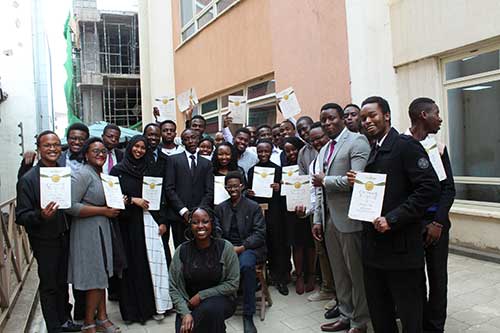
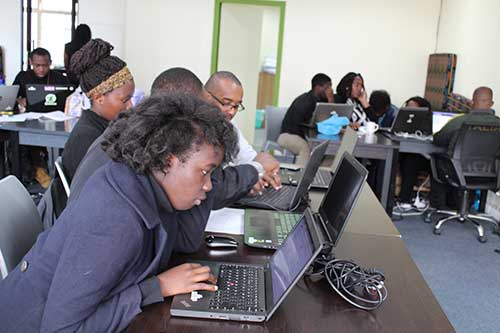
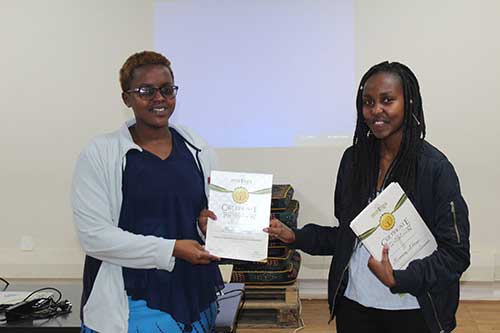
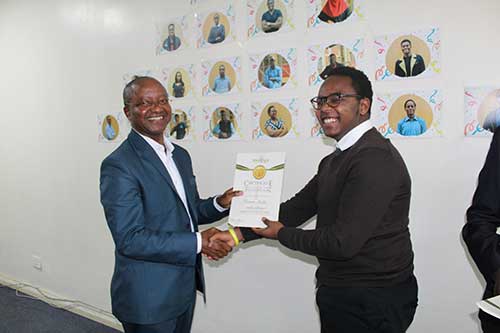
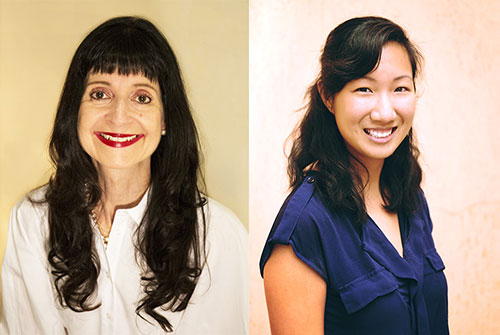

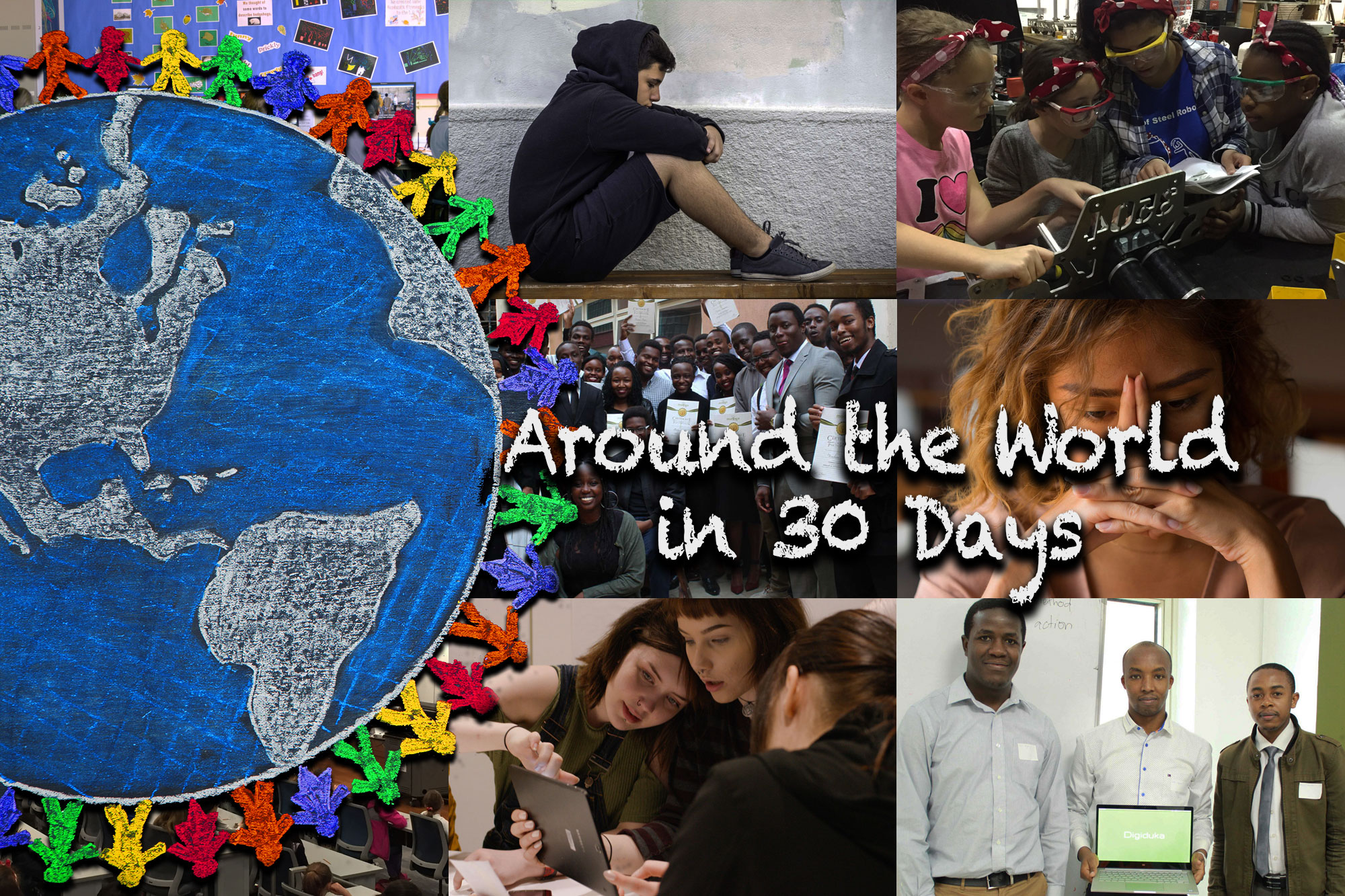

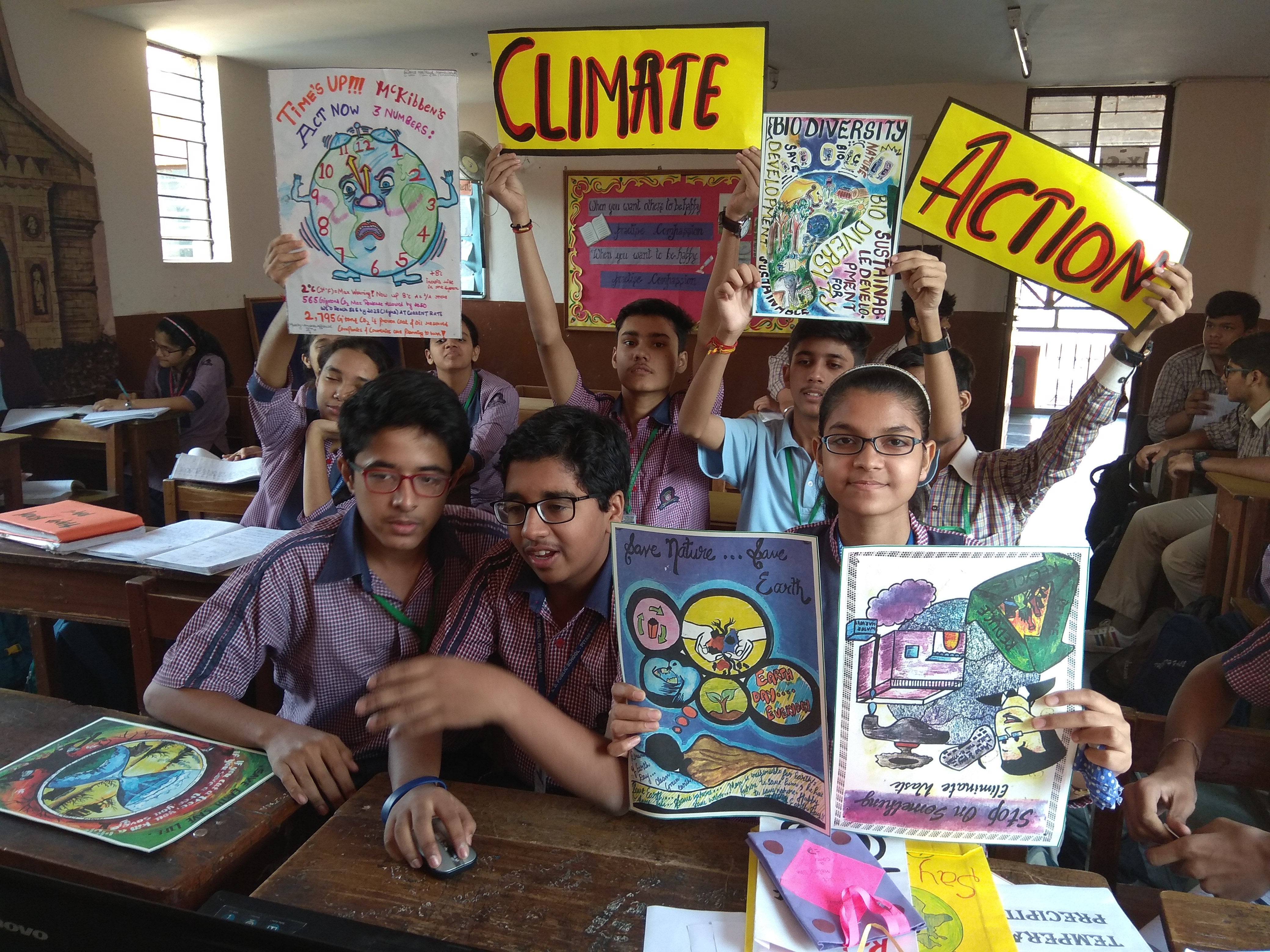
Jüngste Kommentare